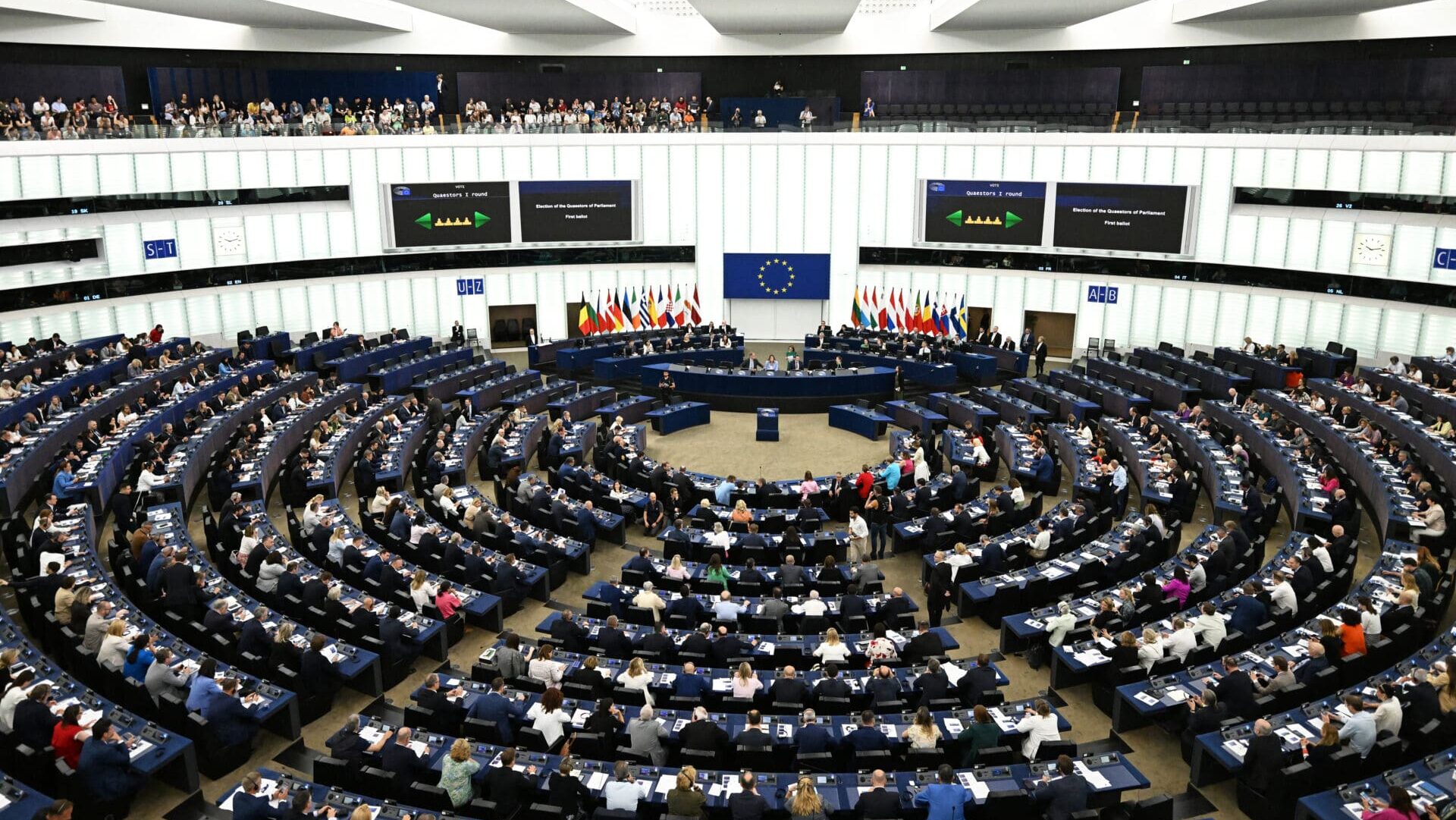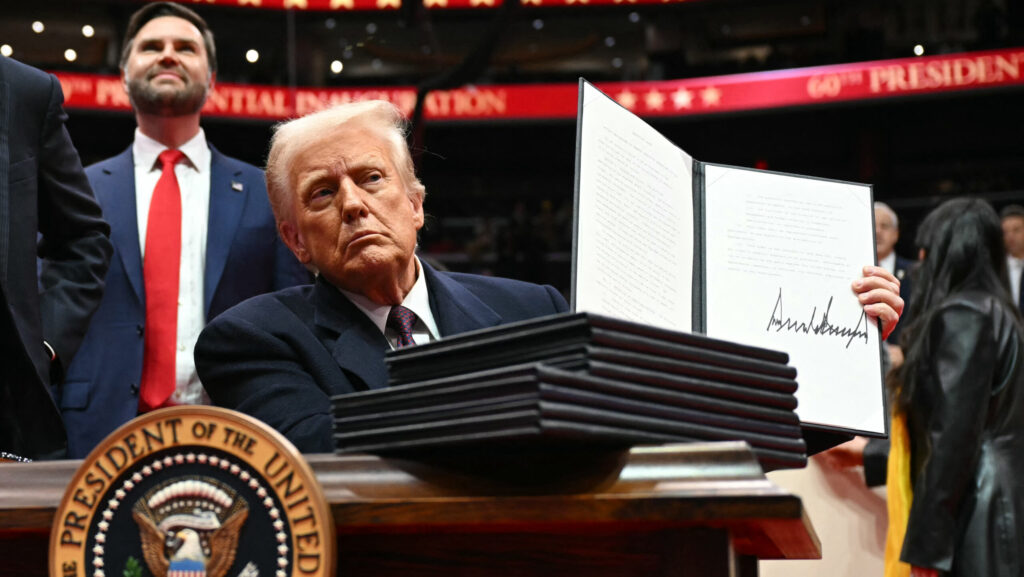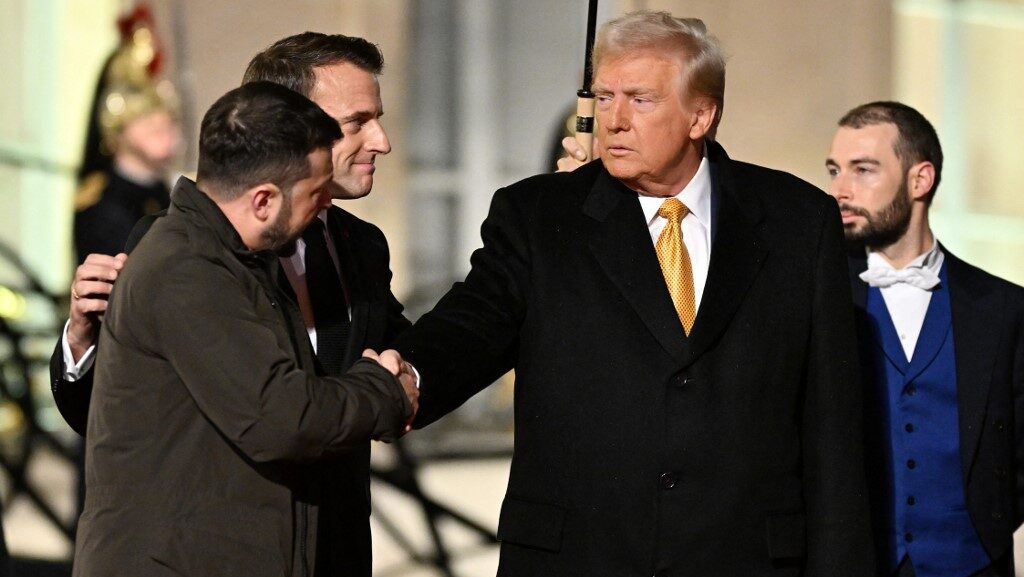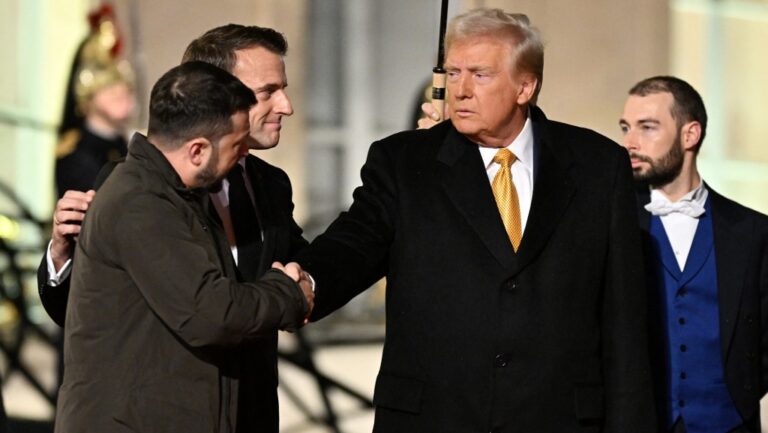The European Parliament (EP) has always been famous for its resolutions that condemn or support various global political developments. Although these resolutions have little practical impact, they reflect the common stance of the Parliament, and to some extent, that of the European Union. Recently, the EP has adopted several such resolutions, including those condemning Hamas’s attack on Israel on 7 October 2023 and Russia’s invasion of Ukraine.
However, there are instances where the EP refrains from taking action for reasons that, while ostensibly incomprehensible, are actually quite ‘understandable.’ During its first plenary session following the 9 June elections, Patriots for Europe (PfE), co-founded by Hungarian Prime Minister Viktor Orbán and now the third largest group in the EP, requested a debate on the attempted assassination of former US President Donald Trump, as well as on political violence in Europe. They also proposed the adoption of a resolution on the matter. ‘Political violence has no place in our societies and must be condemned, even when it is directed against sovereign, patriotic politicians, including the assassination attempt against Donald Trump,’ stated Kinga Gál, MEP from the Hungarian governing party Fidesz and First Vice-Chairman of PfE.
We, the #PatriotsforEurope group condemn the assassination attempt on @realDonaldTrump & all forms of political violence. The majority of the @Europarl_EN do not want to.
— Kinga Gál (@kingagalMEP) July 17, 2024
Their voting behaviour, what we saw yesterday as well with the vote on the VPs, will backfire on them soon.… pic.twitter.com/YRE98A8wyD
The proposal was ultimately rejected, with 337 votes against, 119 in favour, and 15 abstentions. The majority of the European People’s Party (EPP), the Socialists and Democrats (S&D), the liberal Renew group, and the Left voted against the proposal.
‘We call on the left-wing, globalist parties to respect the political choices and opinions of all voters and to cease demonising parties and politicians who do not adhere to the narratives of the European left.
Their intolerance forms the basis for politically motivated violence
and threatens our democratic institutions,’ Gál emphasized after the vote.
It is not surprising that left-wing liberal politicians, together with the EPP, which was once right-wing but is now hardly centre-right, voted against condemning the assassination attempt on Donald Trump. All of these politicians tremble in fear at the prospect that, from January 2025, the President of the United States may once again be called Donald Trump.
Since the outbreak of the war in Ukraine, Trump, like Hungary and Viktor Orbán, has consistently advocated for peace. Last week, the Hungarian Prime Minister paid a visit to the former President at his Mar-a-Lago residence for the fifth stop of his peace mission, where they discussed the possibility of a settlement in Ukraine.
After the talks, Orbán wrote the following in a report to Charles Michel, President of the European Council: ‘I can say with certainty that immediately after his electoral victory, he will not wait until his inauguration, but will be ready to broker peace immediately. He has detailed and well-founded plans to do so.’ In this context, the result of the vote is understandable, as there are pro-war politicians in the EPP, S&D, and Renew who are doing their utmost to silence and discredit pro-peace voices.
Ignoring the Will of Eighteen Million Voters
This—the silencing of pro-peace voices—was also evident on the first day of the session, when MEPs voted on the EP presidency and vice-presidency. As expected, PfE politicians did not win a single post due to the cordon sanitaire applied by mainstream political groups. Former President Roberta Metsola (EPP) was re-elected, while two MEPs from the European Conservatives and Reformists (ECR), five from S&D, two from Renew, one from the Greens, and one from the Left won vice-presidencies.
‘In Europe, law has become the handmaiden of power. When power justifies the use of legal instruments, punitive application, and continuous regulation, they become legalistic. When the left’s interest in power is to gain a foothold in legislation, they do so without any scruples,’
Tamás Deutsch, head of the Fidesz EP delegation, stated in response to the result.
Similar moves are expected in the allocation of EP committee positions, as reported earlier by Hungarian Conservative. PfE aims to chair the cultural and transport committees. However, they expect the EPP, S&D, and Renew to put forward candidates against them, which means they will not have enough votes to secure the chairs. This move would once again ignore the will of 18 million European voters.
Related articles:







